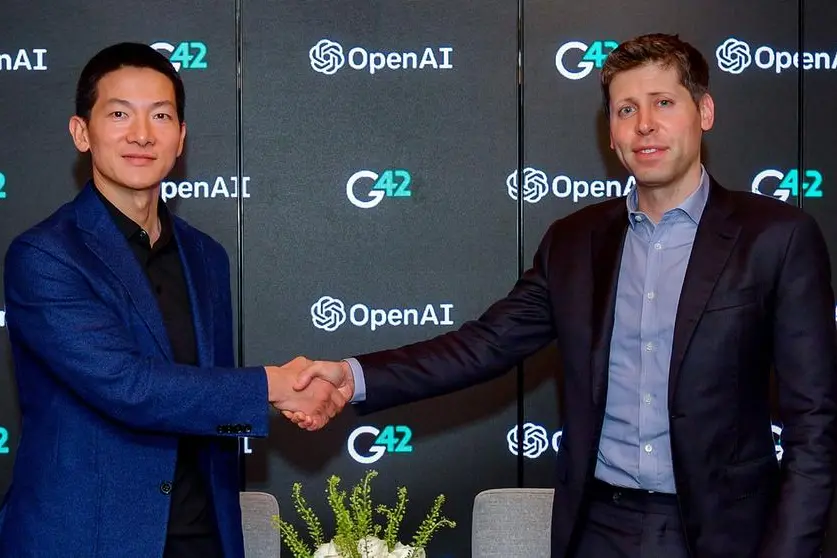
OpenAI, G42 Forge Middle East AI Partnership
OpenAI, the creator of the popular artificial intelligence (AI) chatbot ChatGPT, and G42, a technology holding company based in Dubai, announced a new partnership on October 18 to expand AI capabilities in the Middle East.
The two organizations intend to utilize OpenAI’s generative AI models in G42’s areas of expertise, such as financial services, energy, healthcare, and public administration.
G42 stated that organizations utilizing its business solutions in the United Arab Emirates (UAE) and other regions should now have an easier time integrating advanced AI capabilities into their existing businesses.
It plans to “prioritize its substantial AI infrastructure capacity to support OpenAI’s local and regional inference on Microsoft Azure data centers,” according to the company.
Sam Altman, co-founder and CEO of OpenAI, stated that G42’s industry connections can aid in delivering AI solutions that “resonate with the region’s nuances.”
He noted that the collaboration will advance generative AI worldwide.
Saudi Arabia, a neighboring Middle Eastern nation, recently announced a collaboration between a local university and Chinese universities to develop an Arabic-based artificial intelligence system.
The large language model (LLM) known as AceGPT is based on Llama 2 by Meta.
According to the project’s GitHub page, it is intended to be an Arabic-speaking AI assistant that responds to questions in Arabic.
These developments occur as U.S. regulators grow increasingly weary of the Middle East as an export destination for AI semiconductor chips.
U.S. officials reportedly added “certain Middle Eastern countries” to the regions where Nvidia and its competitor AMD must restrict exports of their high-level semiconductor chips in August.
A few weeks later, U.S. regulators denied preventing the exports in question to the Middle East.
In its most recent expansion of export controls on AI semiconductor chips, however, one of the new rules was to expand licensing requirements for the export of advanced chips to “all 22 countries where the United States maintains an arms embargo.”
In addition to China, this includes the Middle Eastern nations of Iraq, Iran, and Lebanon.
